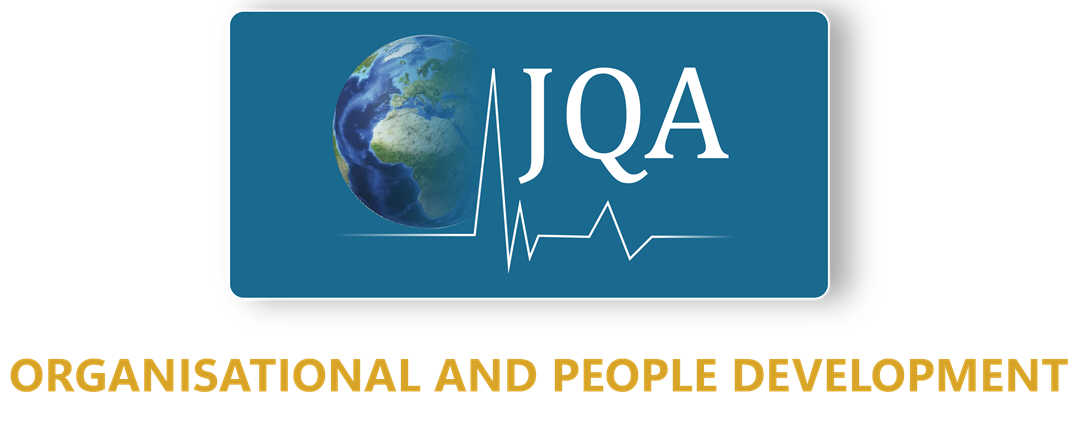
What is Systems Leadership?
Written by Jo Larkam
CPsychol, BSc (Hons) RCDP, MSc, AFBPsS
In today’s rapidly evolving world, businesses, governments and communities are grappling with multifaceted problems ranging from climate change to social inequality and crime, and traditional hierarchical leadership models are inadequate for addressing such complex challenges. Systems Leadership recognises that many issues are interconnected and require collective action and shared accountability. It is an approach that prioritises collaboration across departments, sectors and even industries to address deep rooted issues.
“Systems Leadership recognises that many issues are interconnected and require collective action and shared accountability. It is an approach that prioritises collaboration across departments, sectors and even industries to address deep rooted issues.”
How is the public sector applying Systems Leadership?
In the public sector, systems leadership is increasingly recognised and embraced as a fundamental approach to addressing complex societal challenges, such as poverty, inequality and healthcare disparities. By bringing together government agencies, local authorities, charities and citizens, leaders can design more integrated and effective interventions. There has been an increasing emphasis in the UK to impact population health through implementing community-based healthcare models where the NHS comes together with local authorities, charities and citizens in a way that empowers communities and systems leaders to drive systemic change from the grassroots up. The Integrated Care Systems (ICSs) bring together the NHS with local authorities and other care providers to coordinate services and resources at a regional level. Leaders within ICSs work collaboratively to reduce health inequalities and deliver more seamless care pathways for patients.
Is Systems Leadership relevant within the private sector?
While Systems Leadership is gaining traction in the private sector, its prevalence may not be as pronounced as in the public sector. However, many private sector organisations are also operating in complex environments with multiple stakeholders, diverse teams and interconnected issues and there is gradually a growing recognition of the need for systems leadership. JQA have built significant knowledge and expertise in understanding the attributes of effective system leaders in the mining sector. The mining sector presents unique challenges due to its complex and interdependent nature, addressing factors such as environmental sustainability, community relations, safety and responsible sourcing. It requires leaders to balance short-term decision making with long-term sustainability and social responsibility, prioritising resource and managing risk effectively. Leaders within the mining sector work across systems, with governments, communities, investors and environmental organisations to secure the social license to operate, to work in the best interests of the organisation, communities and staff.
A Systems Leader will encourage the use of systems principles and tools for complex problems by promoting collaboration across traditional siloes, within or outside the team. They will think about the wider system and ask questions that explore the possible impact of certain actions on the wider system.
How can we assess which leaders make effective systems leaders?
Many organisations struggle to identify and cultivate the right leaders for their business. Leaders who are equipped with the cognitive strength to understand the complexity of the challenge, alongside the social skills to work collaboratively in determining solutions and building followership for action. JQA pride themselves on their understanding of leadership and currently conduct over a thousand leadership assessments a year, assessing both the cognitive and social processing skills of leaders. We work in close partnership with our clients to support their people decisions around recruitment, development and succession. Our assessments determine the extent to which the individual has the cognitive agility to be able to analyse and diagnose systemic issues, identify leverage points for intervention and anticipate unintended consequences of action. Alongside this we determine how effectively they lead others, build influence and work collaboratively in delivering outcomes.
At JQA we understand the pivotal role of effective leadership in navigating complex operating environments. With our expertise honed over years of collaboration with leaders across industries, we are uniquely positioned to assist organisations in identifying and nurturing systems leaders. Our tailored leadership assessments, informed by psychological research and best practice, empowers organisations to make strategic decisions that reduce risk, drive sustainable growth and ensure a positive leadership impact. If you would like additional information about how JQA can support your organisation please do not hesitate to get in touch.
